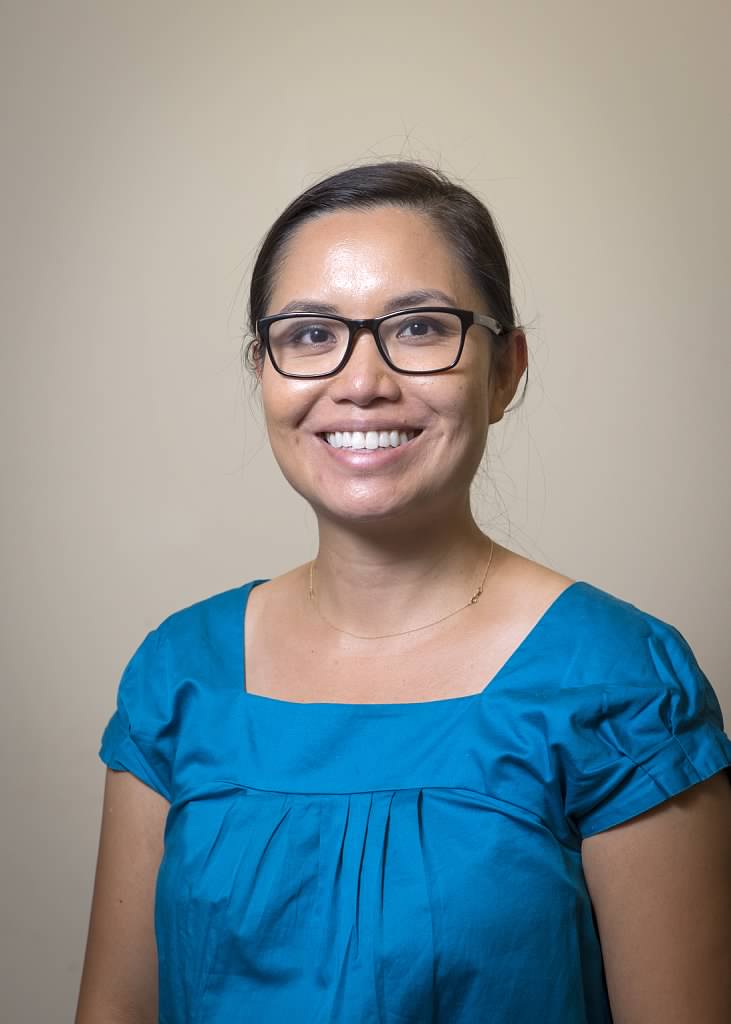|
Specialties
|
Biography
InterestsMy research interest is in the area of chemical and biochemical education. Specifically, using various tools to enhance student engagement and retention through form and function. The online learning environment has opened a new platform for this key question of engagement. Regardless of the learning scenario, teaching with context allows for associations to be made between seemingly complex concepts to accessible, practical tasks and relatable scenarios. From a practical perspective, something as simple as cohesion in style and consistent messaging allow students to feel comfortable with the material. Taken together, deeper connections are made, and a strong foundation of highly engaged and motivated students is established within the learning community.
|
















